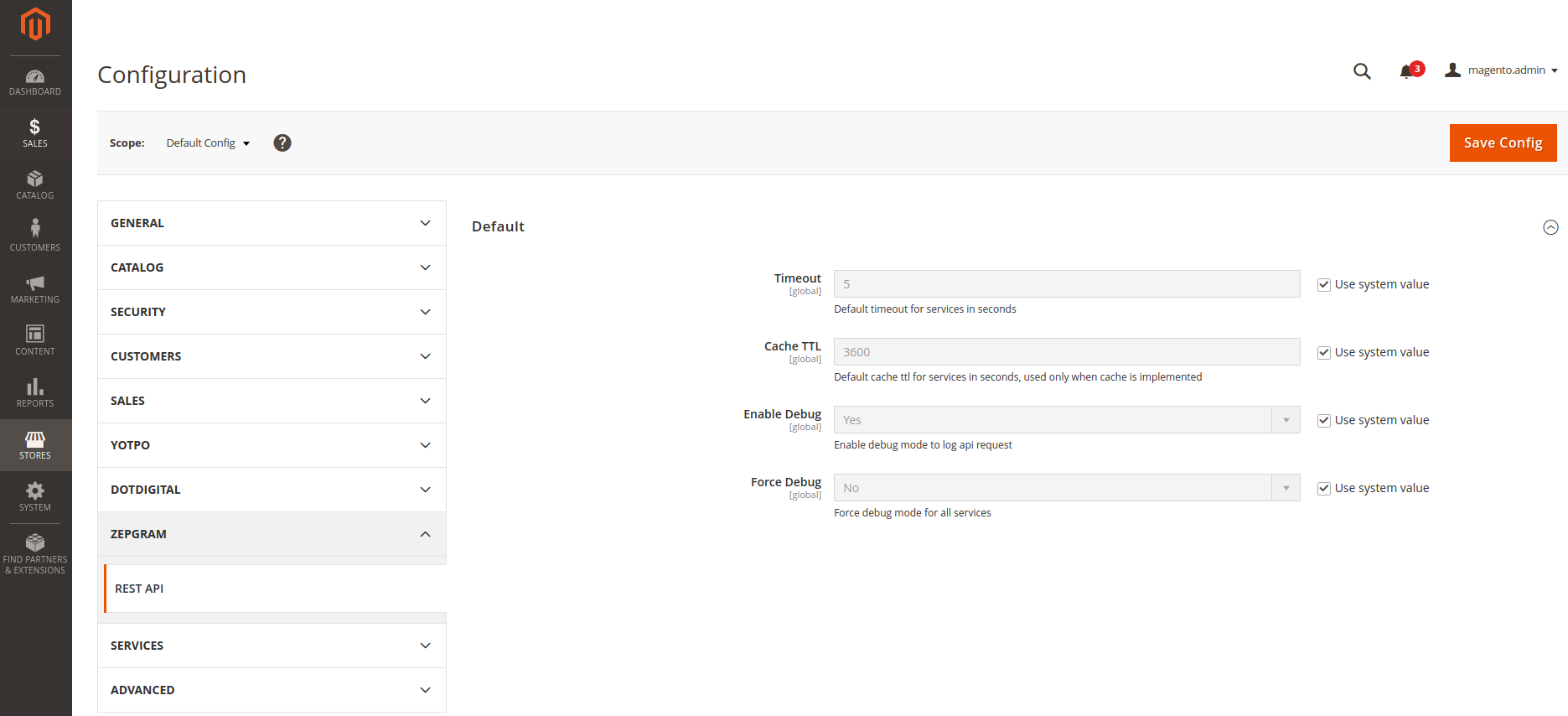civicrm-api
civicrm-api is a Composer package that allows developers to interact with a CiviCRM instance using the REST API v4 functionality within CiviCRM.
This code is intended to be used outside of a CiviCRM deployment environment. As such, the codebase adheres to PSR-12 coding standards instead of Drupal/Wordpress/CiviCRM coding standards.
Installation
To install the library, run the following command:
composer require circle-interactive/civicrm-api
Requirements
- The CiviCRM server must be running on v5.47 or later.
In this release, the /civicrm/ajax/* endpoints were exposed as web services as part of currently ongoing efforts to expose REST endpoints via the standard CiviCRM routing system. Click here to learn more.
- Your application must use an HTTP client that is PSR-18 compliant.
If your application uses an HTTP client that is not compliant with PSR-18, it will be necessary to write a decorator class that implements a sendRequest method.
How to Use
NB: As you can see from the examples, this library does not deserialize responses. This is by design.
Calling code is responsible for response deserialization and handling the data from that response.
Guzzle Example
declare(strict_types=1);
// Require Composer autoloader
require __DIR__ . '/vendor/autoload.php';
// Define the desired type of authentication and key
$authType = \Circle\CiviCRM\AuthenticationTypes::BEARER_API_KEY;
$authKey = 'MYKEYGOESHERE'; // best practices dictate using an environment variable here!
// Configure Guzzle to point at the root URL for the CiviCRM site
// note we DO NOT include the /civicrm section of the URI in the base_uri field
$guzzleOptions = ['base_uri' => 'https://my.civicrm.site'];
// Instantiate a new Guzzle client
$guzzleClient = new GuzzleHttp\Client($guzzleOptions);
// Instantiate a new CiviCRM API client, passing the Guzzle client as a parameter
$civicrm = new \Circle\CiviCRM\Client($guzzleClient, $authType, $authKey);
// Make request to retrieve all Contacts
$contactsResponse = $civicrm->get('Contact');
// Note that the full API response object is returned to the caller
$contactsJson = $contactsResponse->getBody()->getContents();
// Decode the response
$contacts = json_decode($contactsJson, TRUE);
$contactsArray = $contacts['values'];
var_dump($contactsArray);
Symfony HTTP Client Example
declare(strict_types=1);
// Require Composer autoloader
require __DIR__ . '/vendor/autoload.php';
// Define the desired type of authentication and key
$authType = \Circle\CiviCRM\AuthenticationTypes::BEARER_API_KEY;
$authKey = 'MYKEYGOESHERE'; // best practices dictate using an environment variable here!
// Instantiate a new Symfony HTTP client
$symfonyClient = \Symfony\Component\HttpClient\HttpClient::createForBaseUri('https://my.civicrm.site');
$psr18client = new \Symfony\Component\HttpClient\Psr18Client($symfonyClient);
// Instantiate a new CiviCRM API client, passing the PSR18-compatible Symfony HTTP client as a parameter
$civicrm = new \Circle\CiviCRM\Client($psr18client, $authType, $authKey);
// Make request to retrieve all Activities
$activityResponse = $civicrm->get('Activity');
// Note that the full API response object is returned to the caller
$activityJson = $activityResponse->getBody()->getContents();
// Decode the response
$activities = json_decode($activityJson, TRUE);
$activitiesArray = $activities['values'];
var_dump($activitiesArray);
NB: Use correct, case-specific Entity names when interacting with the API (for example: "activity" will return an error, use "Activity" instead)
Available Functions
The examples make use of the get method exposed by this library. However, this is not the only available method. The list of available methods is as follows:
- getActions
- getFields
- get
- create
- update
- save
- delete
- replace
As well as the above, the library also exposes the request method. This allows for arbitrary combinations of Entity, action, and params. An example of usage of this method can be seen below:
$civicrm = new \Circle\CiviCRM\Client($psr18client, $authType, $authKey);
$myCustomResponse = $civicrm->request('CustomEntity', 'customaction', ['my' => 'custom', 'params']);
This would be useful in the following (non-exhaustive list of) situations:
- Your CiviCRM instance contains custom entities
- You want to perform an entity-specific action (for example:
MailSettings.testConnection, orSetting.set)
Available Authentication Methods
This library uses the X-Civi-Auth Header when making requests to CiviCRM instances. As such, the following authentication methods are available:
| Type of Authentication | Library Mapping |
|---|---|
| Basic Authentication | Circle\CiviCRM\AuthenticationTypes::BASIC |
| API Key Authentication | Circle\CiviCRM\AuthenticationTypes::BEARER_API_KEY |
| JWT Authentication | Circle\CiviCRM\AuthenticationTypes::BEARER_JWT |
Any other form of authentication is unsupported by this library.
NB: When creating a Client object, only pass the Authentication Key (ie: MYKEY).
Do not pass the Bearer or Basic keywords (ie: Bearer MYKEY or Basic MYKEY)as these are put in place by the library.
Note on Basic Authentication
When using Basic Authentication, the key is a base64 encoded string: B64(USER:PASSWORD). You will need to provide the Base64 encoded string as the $authKey parameter to the Circle\CiviCRM\Client constructor.
Contributing
If you find a bug or other issue within this library, please raise an issue in this Github repository.
To run tests, run composer test. The library uses Pest for automated testing, and adheres to PHPStan Level 6.
Resources
Support
The technical team at Circle Interactive are responsible for the maintenance of this library. Circle offer CiviCRM implementations for third-sector clients of any kind, no matter the size.
License
This package is licensed with AGPL-3.0, as is CiviCRM.



